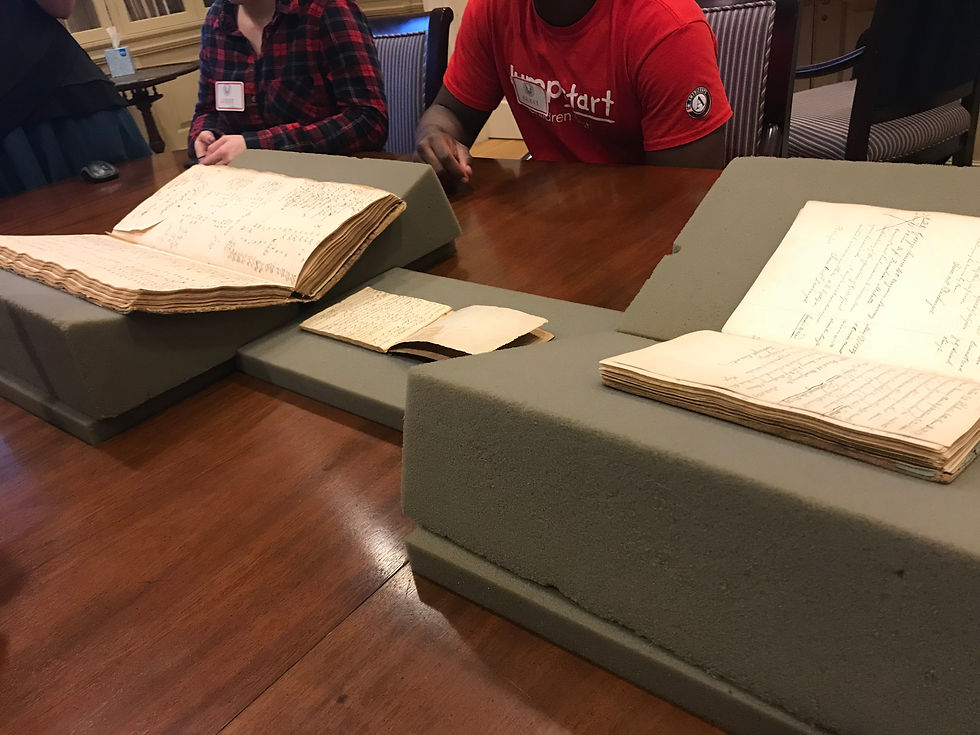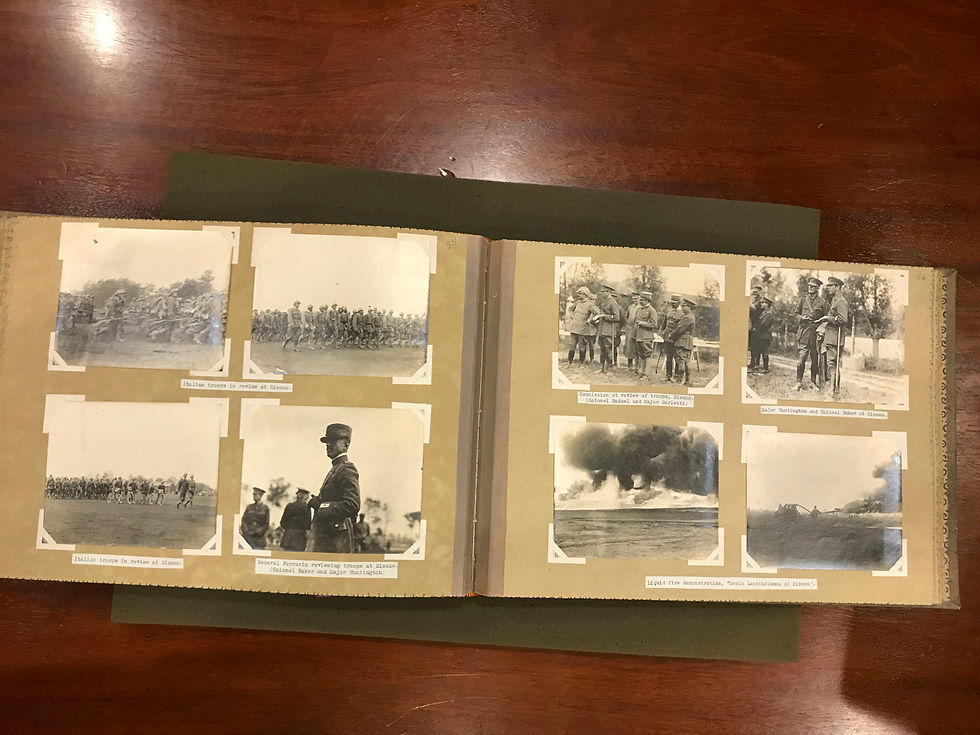Archival Access in the Digital Age
- Alecia Caballero
- Nov 18, 2018
- 2 min read
You have a wealth of papers from a prominent American scientist that are falling apart from use. The point of having them is for scholars to use them for research, but the research is what's leading to their degradation. What do you do?
You digitize them.

The Center for Digital Scholarship at the American Philosophical Society is responsible for digitizing the 275-year-old institution's library holdings. These include archives of individual scientists, prison records from Eastern State Penitentiary, a diary and scrapbook from World War I, and Ben Franklin's post office ledger. Generally accessible only by appointment, and only at the APS library in Old City, digital technology allows scholars across the country and across the world to study the APS archives. Instead of sitting in the reading room, waiting on the reference archivists to bring a requested folder, scholars have (some) of what they need at the tips of their fingers. Digital scholarship is the future, and digital archivists hold the key.

Of course, digital archivists are trained the same way and perform some of the same duties as regular archivists - processing collections and writing up their finding aids, assisting scholars with specific questions. However, they also produce high-quality scans of archival documents and chart the metadata of collections to facilitate further analysis.
While physical holdings are being digitized for public access, digital files pose a conundrum for archivists. As interpersonal communication moves to the digital sphere, fewer physical documents exist to be archived. Linear feet turns to gigabytes. Instead of bankers boxes of paper, hard drives, CDs, even floppy disks are donated. The little discoveries found on paper, like Ben Franklin's "patriot" doodles in his ledger, don't exist in digital documents. There's also the sheer volume of digital documents - measured on a hard drive instead of in paper, of course.
Whatever the future holds for digital documents in archives, the act of slowly digitizing physical documents democratizes archives and makes them more accessible for a wider range of scholars.

Comments